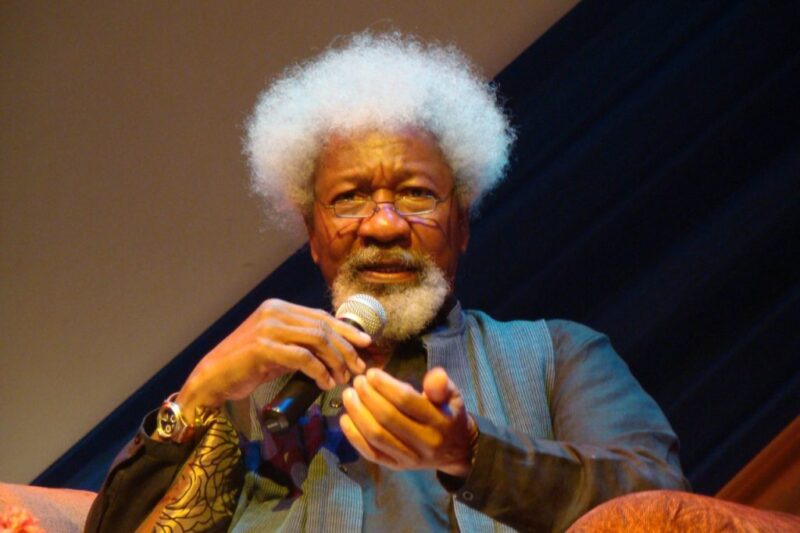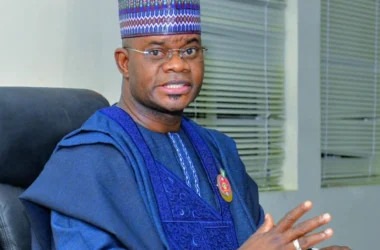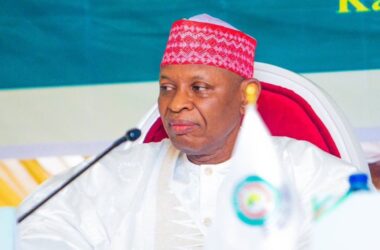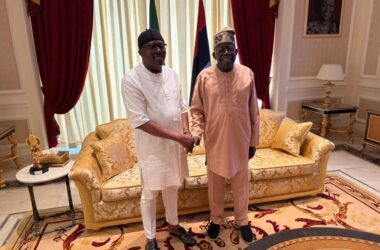Nobel Laureate and respected playwright, Professor Wole Soyinka, has sharply criticized the National Broadcasting Commission (NBC) for banning a new protest song by veteran Nigerian rapper, Eedris Abdulkareem. The writer described the move as a dangerous return to censorship and a clear violation of freedom of expression in a democratic society.
Speaking from New York University, Abu Dhabi, where he is currently based, Soyinka reacted to the situation in a detailed statement released on Sunday. He noted that he was made aware of the issue through a cartoon sent to him by a fellow artist. The cartoon, Soyinka explained, reflected the absurdity of banning a piece of music simply because it contains messages that might be uncomfortable to some in power.
“Courtesy of an artist operating in a different genre – the cartoon – who sent me his recent graphic comment on the event, I learnt recently of a return to the culture of censorship with the banning of the product of a music artist, Eedris Abdulkareem,” he said.
He sarcastically added that the ban didn’t go far enough if censorship is the goal, saying not just the song, but the artist himself and any association he’s part of should be banned as well. Soyinka’s tone underscored his disapproval of the repressive attitude toward artistic works.
Although he admitted to not having listened to the banned track, he insisted that the real issue was not the content, but the principle behind the suppression. According to him, silencing artists threatens democratic values and sends a dangerous message to the society.
Soyinka also noted that censorship tends to backfire, often giving the artist more attention and boosting their popularity. “The ban is a boost to the artist’s nest egg, thanks to free governmental promotion. Mr. Abdulkareem must be currently warbling his merry way all the way to the bank. I envy him,” he said.
Further in his statement, Soyinka warned about the long-term dangers of censorship. He said such actions often empower authorities to suppress dissent more aggressively, leading to broader consequences for civil liberties.
“We have been through this before, over and over again, ad nauseum. We know where it all ends. It is boring, time-wasting, diversionary but most essential of all, subversive of all seizures of the fundamental right of free expression,” he stated.
He also referenced deeper national concerns such as mob violence and impunity, mourning the recent lynching of 19 young people in Edo State and recalling the 2022 killing of Deborah Samuel in Sokoto. He condemned the failure to bring perpetrators to justice, saying it encourages more brutality.
“My heart goes out to friends, colleagues and families of victims and traumatised survivors of this senseless slaughter. Our thirst for justice must remain unslaked,” he wrote.
Calling for accountability, Soyinka urged NBC and other authorities to rethink their actions, stating that a government that only listens to those who sing its praises is already heading downa dangerous path.










